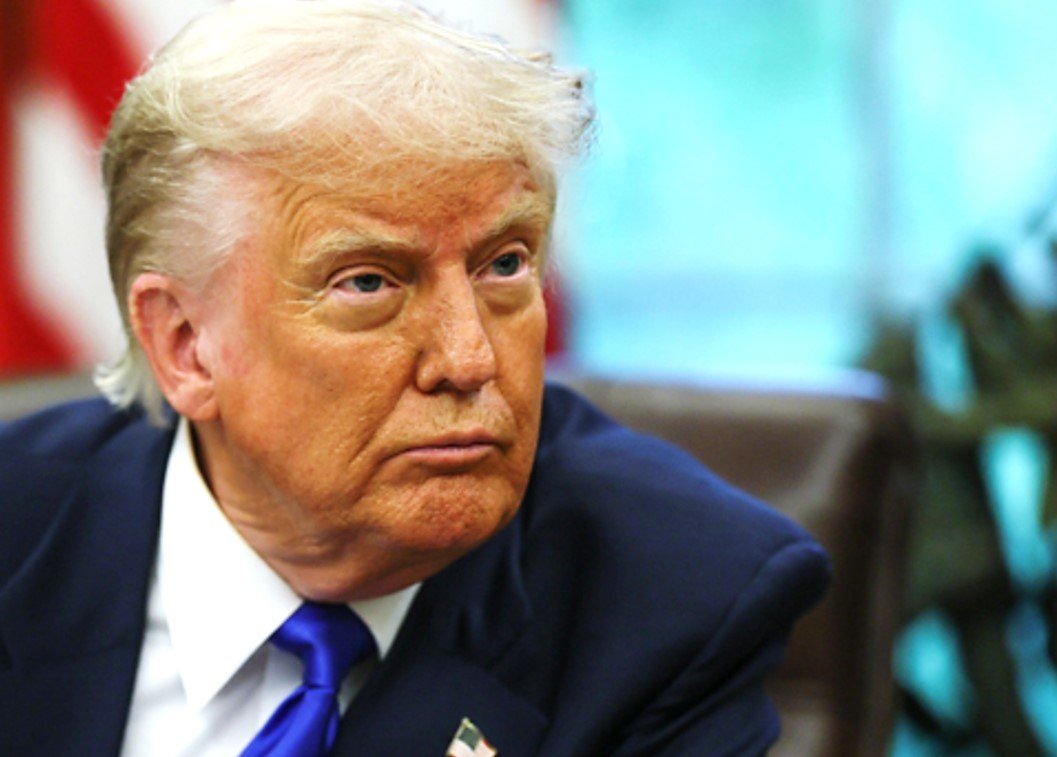Trump’s 100% Tariff Proposal on Foreign Films: What It Means for the Global Film Market

📽️ Introduction
Former U.S. President Donald Trump has proposed a 100% tariff on all foreign films entering the American market. The move is intended to revitalize Hollywood and reduce reliance on international cinema. But what does this mean for the global film industry, cultural exchange, and the average moviegoer?
📌 What Did Trump Say?
In a speech during a recent campaign rally, Trump stated:
“We should support our film industry, not Hollywood elites who profit off foreign films. I’ll put a 100% tariff on every single foreign movie that comes into the United States.”
This statement immediately triggered debates across the entertainment industry and among trade policy experts.
🔗 Source: JTBC Full Article (Korean)
🎞️ Why Is This a Big Deal?
1. Impact on American Consumers
- Reduced variety in cinema choices
- Potential rise in ticket prices due to reduced competition
2. Impact on Global Cinema
- Countries like South Korea, France, India, and Japan export hundreds of films to the U.S. each year.
- A 100% tariff could drastically reduce international market access.
3. Cultural Consequences
- Limiting foreign films restricts cross-cultural storytelling and creative exchange.
- Could strain diplomatic and cultural ties between countries.
📊 Market Overview: U.S. Foreign Film Imports
| Year | Total Foreign Films Imported | % of Total U.S. Releases | Major Countries of Origin |
|---|---|---|---|
| 2022 | 412 | 37% | South Korea, France, UK |
| 2023 | 386 | 34% | India, Japan, Canada |
| 2024 | 398 | 35% | Germany, China, Mexico |
Source: U.S. Film Import Data, MPAA & Statista
🌍 Global Reactions
- Korean Filmmakers’ Association: Expressed “deep concern” over the potential economic and artistic isolation this could cause.
- French Cultural Ministry: Called the proposal “a cultural blockade.”
- Netflix & Global Streaming Services: Warn it may disrupt licensing agreements and global releases.
⚖️ Policy Context
This proposal is not yet official policy, and the White House has not confirmed any immediate plans to implement it. However, it reflects growing trends of economic nationalism and protectionism.
🔗 White House Trade Policy Overview
💬 Expert Opinion
🎙️ Michael Hanes, Trade Policy Analyst:
“This is not just about movies—it’s a symbol of how cultural products are part of economic strategy. But such a tariff could backfire on the U.S. both economically and diplomatically.”
✅ Conclusion: A Cultural Crossroads
Trump’s proposal to levy a 100% tariff on foreign films highlights a turning point for the film industry. While aiming to strengthen domestic production, it risks damaging international partnerships and consumer choice.
📣 As discussions unfold, it’s crucial for stakeholders—from viewers to policymakers—to stay informed and engaged.




